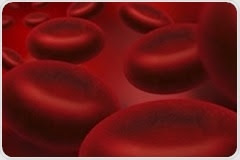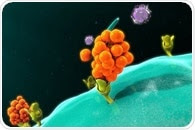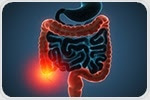| ||||||||||||||||||||||||||||||
| ||||||||||||||||||||||||||||||
| ||||||||||||||||||||||||||||||
| ||||||||||||||||||||||||||||||
| ||||||||||||||||||||||||||||||
| ||||||||||||||||||||||||||||||
lunes, 5 de febrero de 2018
Health News and Information - News Medical - Gastroenterology - Feb 5, 2018 Edition
Health News and Information - News Medical
Suscribirse a:
Enviar comentarios (Atom)






























.png)












No hay comentarios:
Publicar un comentario